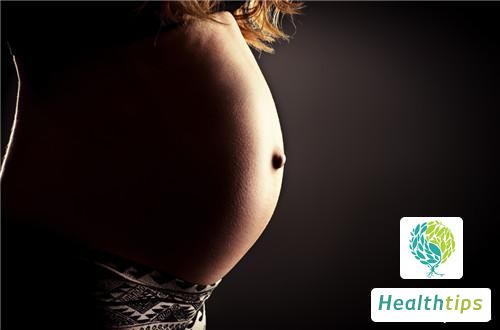The body temperature will rise after ovulation, but it is uncertain whether the rise in body temperature after ovulation indicates pregnancy. This is because pregnancy is affected by many factors, and only when the sperm and egg combine can pregnancy occur. Therefore, pregnancy cannot be determined solely based on the rise in body temperature after ovulation. Instead, it needs to be confirmed through formal examination or testing with a pregnancy test strip.

Arranging intercourse time reasonably: To increase the chances of pregnancy, it is recommended to have intercourse after ovulation or during the ovulation period. However, this does not guarantee pregnancy, as pregnancy is influenced by many factors. Pregnancy is a matter of timing, location, and personal conditions.
Maintaining a relaxed and happy mood: To achieve pregnancy, it is important to maintain a relaxed and happy mood. Additionally, arrange intercourse time reasonably, and engage in appropriate exercise to enhance physical fitness. This can also help increase the chances of successful conception. Therefore, both men and women should pay attention to proper exercise and improve their immune system during the fertility period.
Confirming pregnancy through hospital diagnosis: If menstruation is delayed for more than a week after intercourse, a pregnancy test strip can be used to detect pregnancy. For a definitive diagnosis, a hospital visit can also be arranged, where the fetal development status can also be assessed. Regular prenatal examinations should be conducted during pregnancy to detect and address any abnormalities promptly.

